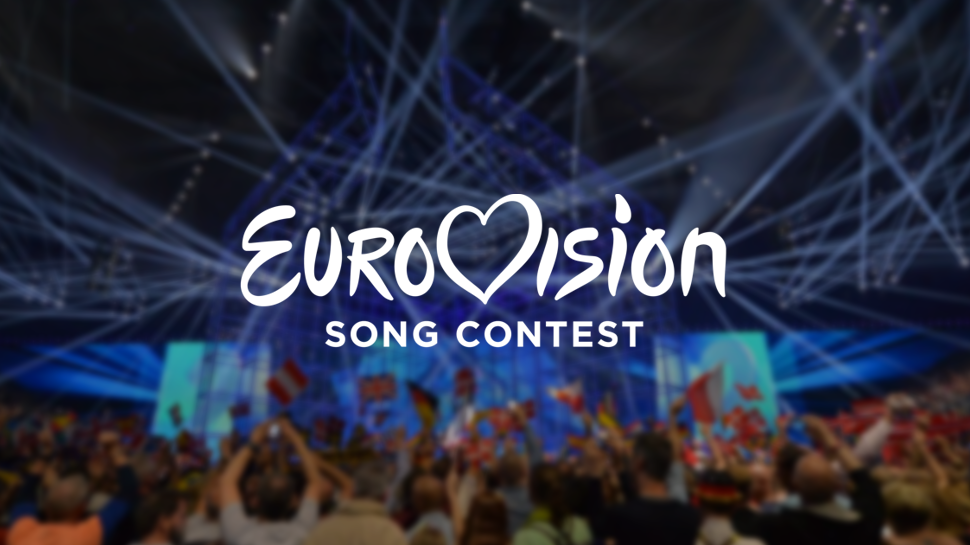So it was rumored that Alexander Panayotov might have been the artist selected by Russia to represent them in Kiev next May, but it turned out to be just speculation. Nice move that would have been if it had concretized, as reported by some media when the word started spreading: an artist born in Ukraine in the Soviet era to represent Russia. At a time when the relations between Russia and this year’s Eurovision host country are the most strained they have been in years, one cannot help reading the political implications of such decisions. I myself read the political side when I first heard the tittle-tattle.

Eurovision built itself a reputation of being an event that is essentially allergic to politics. No lyrics, speeches, gestures of a political or similar nature shall be permitted during the ESC, say the rules of the Contest. But what happens before, after and around the ESC can escape the grip of the rules. Moreover, a competition with countries facing each other and flags being waved is vulnerable to political issues. The Olympic Games did not elude them. As a matter of fact they became the scene of an episode of the Cold War with the boycotts in Moscow 1980 and Los Angeles 1984. The Eurovision Song Contest has also been the backdrop of international confrontations before. This is bound to happen again. It is happening already.
The first thing that came to mind when the conjectures about Alexander Panayotov started circulating was whether he would be in the so-called black list of Russian artists banned from entry into Ukraine due to their public support of the annexation of Crimea and the separatists in the East of Ukraine. He is not, so at least there was no impediment for him to participate. EBU is reportedly trying to make sure that the ban will not be in place during the Eurovision days, but the Ukrainian authorities denied any pressure from anyone in that sense. When the name of the Russian entrant will be published I believe that this point will play a role in the whole process. What will happen in the end remains to be known.
I did not like my first reaction when I heard about Alexander Panayotov, but the current climate pushes you to ponder the thought. Politics will mingle (are mingling) with the Eurovision-related news this year, and in the current circumstances the impact of such thing will likely be negative. This is a sad occurrence for an event that was conceived to bring the countries together. Distant are the days when the Ukrainian Anastasia Prikhodko represented Russia in Moscow in 2009 singing Mamo in both, Russian and Ukrainian. Later, in 2014, she vowed never to sing in Russia again.
We all want to see a beautiful picture of people and nations coming together in a universal reunion where differences are put aside and love, love, peace, peace and mutual understanding prevail. For a few days we come together, we build bridges and we are one. That is the spirit of the Eurovision Song Contest. A hope for a better world. Yet one would say that despite all the good intentions fighting is human nature and our disputes are brought up and made public even at the most ill-fitted occasions.
Anti-booing technology might be necessary in 2017. Sad, very sad.
Do we learn from History…? We’ll have to see…
Have a good one, Eurovision Friends!

